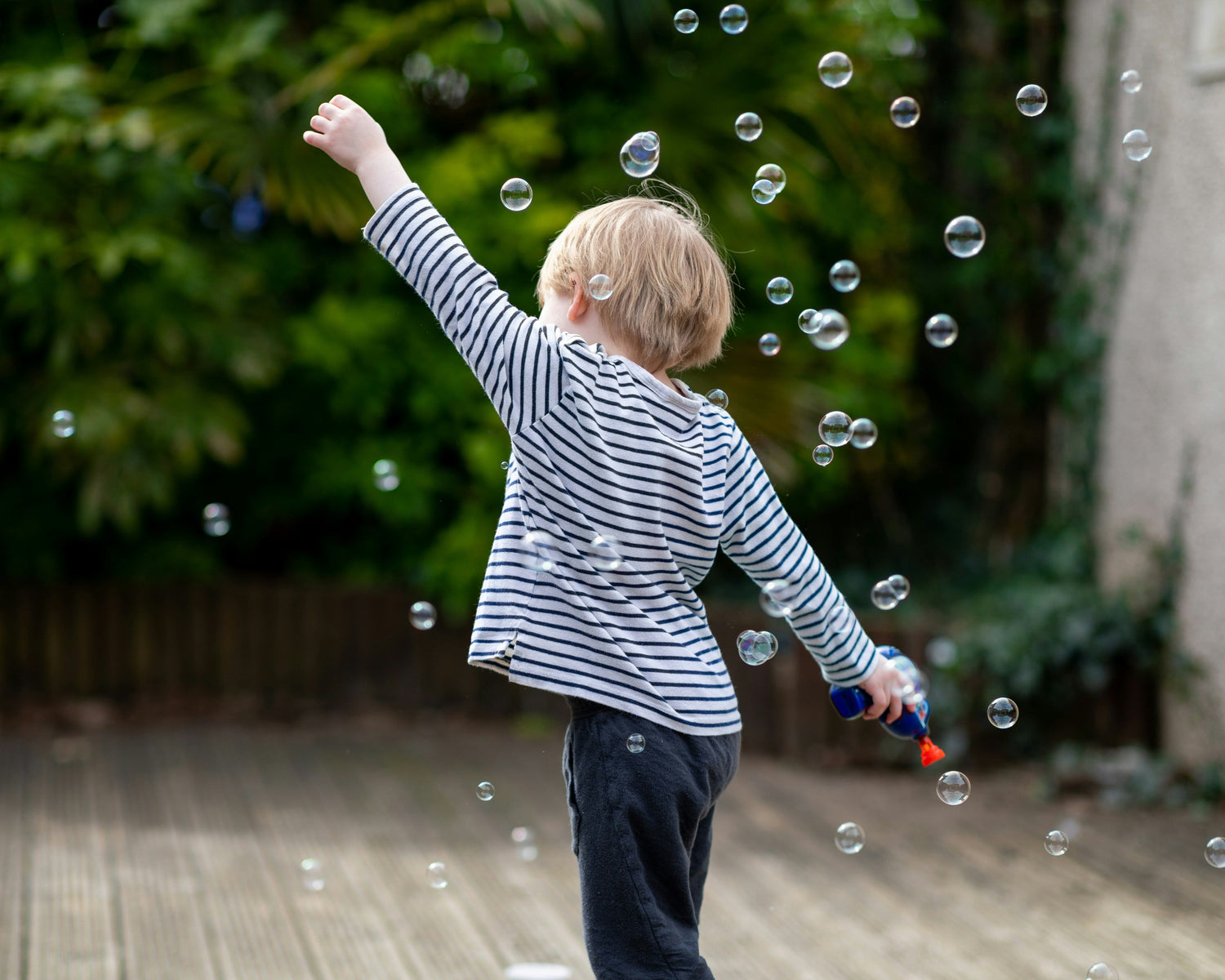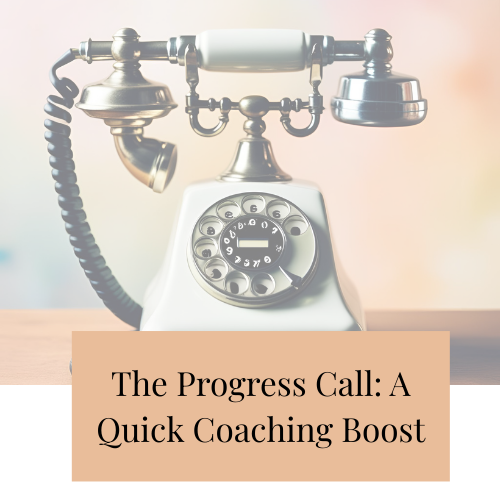Early Numeracy Through Play: Exploring Numbers, Patterns, and Problem Solving in Everyday Moments
Math can feel daunting for some, but for young children, early numeracy is rooted in curiosity, exploration, and play. From stacking blocks to sorting spoons, children encounter mathematical concepts every day. This blog explores how to support early numeracy through playful experiences and why it matters for lifelong learning.
What is Early Numeracy?
Early numeracy includes the foundational skills children develop before formal maths instruction. These include:
- Number recognition and counting
- Understanding quantity (more, less, same)
- Sorting, matching, and comparing
- Recognising patterns and sequences
- Spatial awareness and measurement
Children develop these skills naturally through play, observation, and interaction with their environment.
Why Play Supports Mathematical Thinking
Play offers rich opportunities to explore mathematical ideas in a way that is meaningful and hands-on. Theorists like Maria Montessori believed that children learn best through sensory-rich, self-directed activity, and many of her materials focused on concrete experiences with number and size.
Jean Piaget noted that children develop logical thinking gradually, moving from sensory exploration to more abstract reasoning. Through play, they test ideas like cause and effect, quantity, and spatial relationships.
Everyday Play-Based Numeracy Ideas
Here are simple ways to support numeracy through daily play:
-
Counting and One-to-One Correspondence
- Count blocks while building towers.
- Sing counting songs with fingers or props (e.g., "Five Little Ducks").
- Set the table together—count out plates, cups, and cutlery.
-
Sorting and Matching
- Group toys by colour, size, or shape.
- Match socks during laundry time.
- Sort natural objects (e.g., leaves, stones) by type or size.
-
Pattern Play
- Use beads, buttons, or blocks to create repeating patterns.
- Clap or stomp simple rhythm patterns.
- Explore patterns in nature, like stripes on leaves or petals.
-
Measuring and Comparing
- Use measuring cups during pretend or real cooking.
- Compare heights of towers, toys, or people.
- Explore weight with balance scales or hands.
-
Spatial Awareness and Problem Solving
- Complete puzzles or shape sorters.
- Build dens, tracks, or obstacle courses.
- Play with containers: filling, emptying, stacking, and fitting.
Making Maths Meaningful
The key to early numeracy is making it relatable and enjoyable. Encourage your child to ask questions, notice patterns, and explore numbers in real contexts. Avoid pushing for right answers—instead, focus on thinking, experimenting, and noticing.
Final Thoughts
Early maths skills are all around us: in the kitchen, the garden, the toy basket, and the park. When children explore numbers and patterns through play, they build confidence, curiosity, and problem-solving skills that serve them for life.
Need inspiration for numeracy-rich play at home? Book a Curious Minds Mini Consultation and we can tailor playful maths ideas for your little learner.
Have a look at our Consultations available including our popular mini consultations







